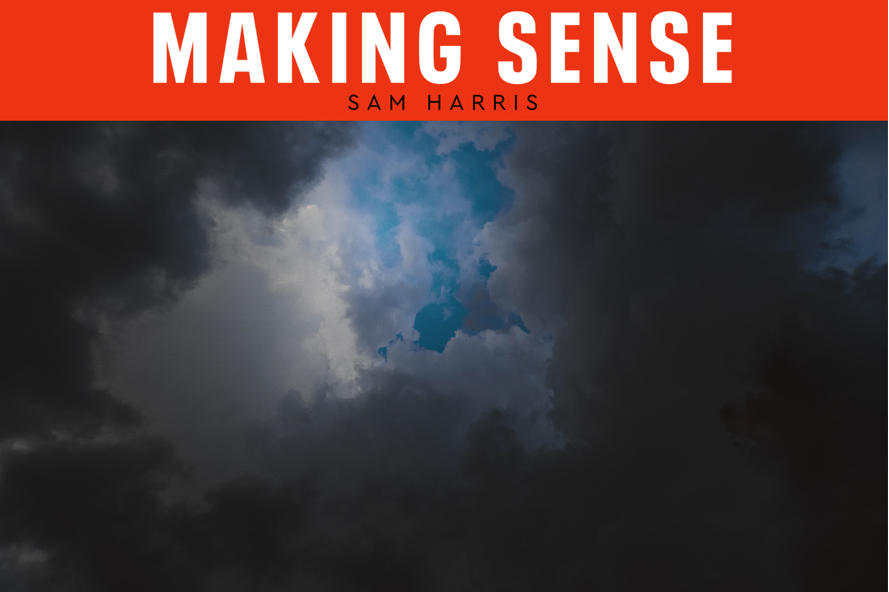About the Supposed Meritocracy . . .
Matt Taibbi discusses the "meritocracy," reviewing Michael Sandel's new book, "The Tyranny of Merit." He describes the divide between the those with and without college degrees as stark. He describes this entire topic as unsettling for everyone along the political spectrum. An excerpt from his article, which is titled "Does America Hate the "Poorly Educated"? Michael Sandel's "The Tyranny of Merit" doesn't say so, but the pandemic has become the ultimate expression of upper-class America's obsession with meritocracy":
As Sandel notes, Trump was wired into these politics of humiliation and never invoked the word “opportunity,” which both Obama and Hillary Clinton made central, instead talking bluntly of “winners” and “losers.” (Interestingly, Bernie Sanders also stayed away from opportunity-talk, focusing on inequities of wealth). Trump understood that huge numbers of voters were tired of being told “You can make it if you try” by a generation of politicians that had not only “not governed well,” as Sandel puts it, but increasingly used public office as their own route to mega-wealth, via $400,000 speeches to banks, seats on corporate boards, or the hilariously auspicious, somehow not-illegal stock trading that launched more than one member of congress directly into the modern aristocracy.
The Tyranny of Meritocracy describes the clash of these two different visions of American society. One valorizes the concept of social mobility, congratulating the wealthy for having made it and doling out attaboys for their passion in wolfing down society’s rewards, while also claiming to make reversing gender and racial inequities a central priority. The other group sees class mobility as entirely or mostly a fiction, rages at being stuck sucking eggs in what they see as a rigged game, and has begun to disbelieve every message sent down at them from the credentialed experts above, even about things like vaccines.
The eternal squeamishness Americans feel about class will prevent this topic from getting the attention it deserves, but the insane witches’ brew of rage, mendacity, and mutual mistrust Sandel describes at the heart of American culture is no longer a back-burner problem. Tension over who deserves what part of society’s rewards, and whether higher education is a token of genuine accomplishment or an exclusive social rite, has become real hatred in short order. In the pandemic age, Americans on either side of the educational divide have moved past rooting for each other to fail. They’re all but rooting for each other to die now, and that isn’t a sentiment either side is likely to forget.


